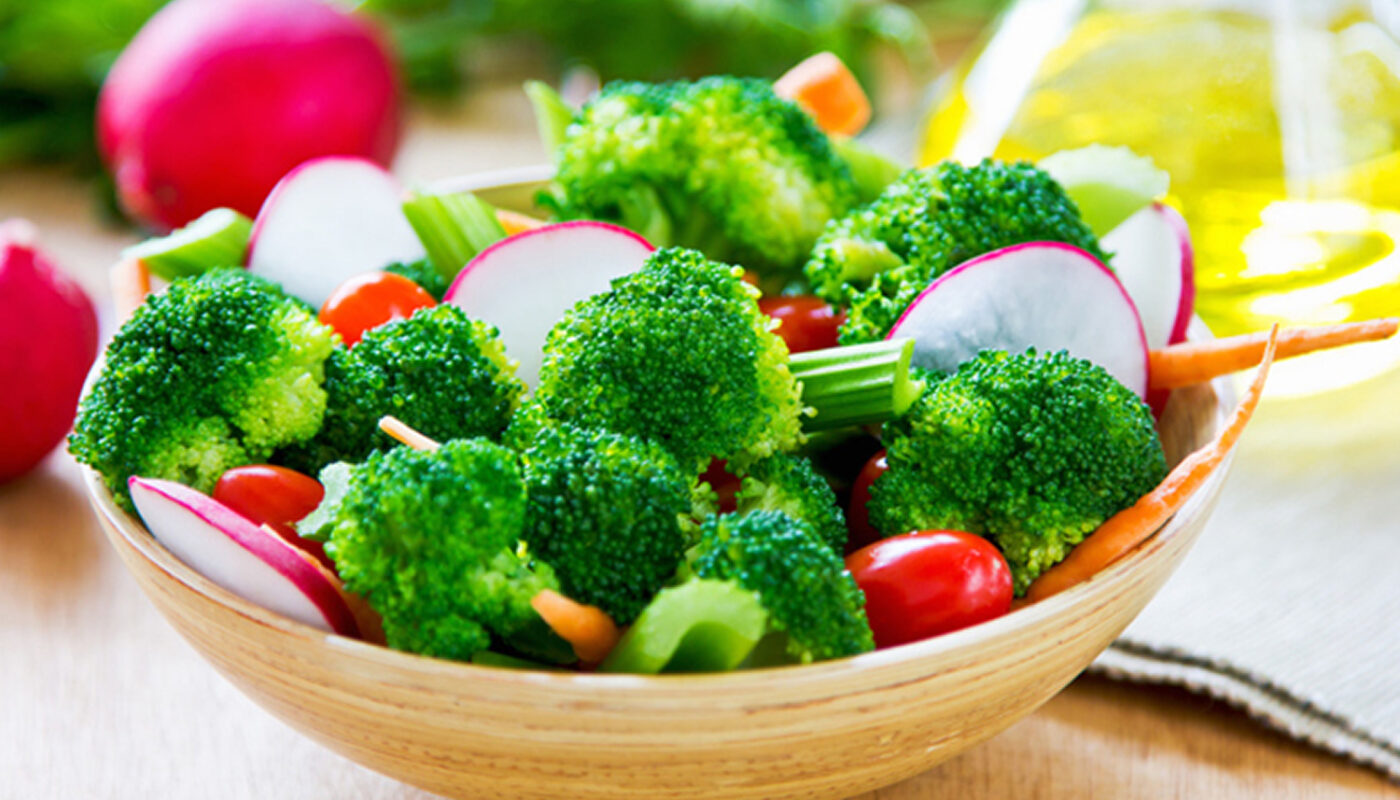Introduction
In today’s busy world, maintaining a healthy diet and lifestyle can be quite challenging. With increasing work pressures and stressful schedules, many folks tend to rely on convenient yet unhealthy processed and junk food options. However, an unhealthy diet over the long run can lead to weight gain and increased risks of various diseases. This is where choosing low-calorie foods can help people adopt a balanced nutrition plan. Low-cal foods are a great way to stay nourished while keeping calories in check for weight management. Let’s explore some top low-calorie food options and how they can benefit your health.
What are low-calorie foods?
Low-Calorie Foods are those that contain 40 calories or less per serving. They are nutrient-dense meaning they provide ample vitamins, minerals, fiber and other essential nutrients but are low in calories. Some common examples of low-cal foods include vegetables, fruits, herbs, spices, non-starchy veggies, fatty fish, eggs and foods made from whole grains.
Low-cal foods vs calorie-dense foods
Calorie-dense foods mainly include refined carbs, added sugars, unhealthy fats etc. Just a small portion of calorie-dense foods can quickly rack up calories without contributing much nutritional value. On the other hand, low-calorie foods let you feel full and satisfied while maintaining calorie intake. For instance, a cup of crisp raw vegetables like carrots contains only about 30 calories but provides plenty of fiber, vitamin K, potassium and antioxidants. In comparison, 1 small cookie could be around 100 calories with minimal nutrition. That’s why focusing your plate with low-calorie whole foods is ideal for healthy weight management.
Top low-calorie foods to include in your diet
Here are some top low-calorie foods worth including in your regular diet:
Non-starchy vegetables: Leafy greens like spinach, kale, cabbage, broccoli etc contain less than 50 calories per cup. Opt for a variety of colorful non-starchy veggies in your meals and snacks.
Fruits: Berries like strawberries and blueberries are some of the lowest calorie fruits with around 80 calories per cup. Citrus fruits, tomatoes, melons also provide ample hydration and nutrients with fewer than 100 calories.
Herbs and spices: Boost flavor without adding calories by using herbs like basil, parsley, oregano etc and spices such as turmeric, black pepper, garlic etc liberally in recipes.
Legumes: Lentils, beans, chickpeas contain plant-based protein, fiber and essential minerals. 1⁄2 cup cooked legumes is around 100 calories.
Fatty fish: Salmon, mackerel and sardines are packed with omega-3 fats, vitamins and minerals. 3 ounce fish fillet has less than 150 calories.
Non-fat dairy: Milk, yogurt and cheese made from non-fat or low-fat milk varieties contain essential calcium and protein with lower saturated fat.
Eggs: With only around 70 calories yet high biological value protein, eggs can help feel full for hours. Limit yolks to control calories.
Protein foods: Skinless chicken breast, lean turkey and cottage cheese are filling protein-rich options with less than 100 calories per 3 ounce serving.
Whole grains: Oats, barley, brown rice and quinoa provide long-lasting energy because of fiber, B vitamins and minerals, yet have fewer than 200 calories per half cup cooked portion.
Benefits of including low-calorie foods
Weight management: Eating lots of low-calorie foods and fewer calorie-dense options helps manage appetite and calorie intake for weight loss or maintenance. The high-volume and low-calorie nature of these whole foods provides lasting satiety without consuming excessive calories.
Heart health: Fiber, potassium, vitamins, omega-3s in low-cal foods promote heart health by lowering blood pressure and cholesterol levels, reducing risks of coronary diseases.
Diabetes prevention: Low glycemic impact of low-calorie whole foods help regulate blood sugar levels, reducing risks of developing type 2 diabetes.
Nutrient boost: You get nutrients like vitamins C and K, folate, calcium, magnesium, fiber etc from low-cal foods despite the lower calorie count as these are highly nutrient-dense. This ensures you don’t miss out on essential micronutrients.
Overall wellness: Healthy eating patterns make the body function better due to the synergistic effects of micronutrients. A balanced low-calorie diet promotes immunity, digestive health, brain function and quality of life.
Prioritizing low-calorie whole foods in your diet is a simple yet effective way to optimize nutrition, manage calorie intake as well as aid weight and disease control in the long run. Focus on packing your plate with fresh vegetables, fruits, whole grains, legumes and lean proteins to feel satiated while keeping your overall calorie budget under control. With some thoughtful planning you can enjoy low-cal recipes too for a fulfilling healthy lifestyle.




